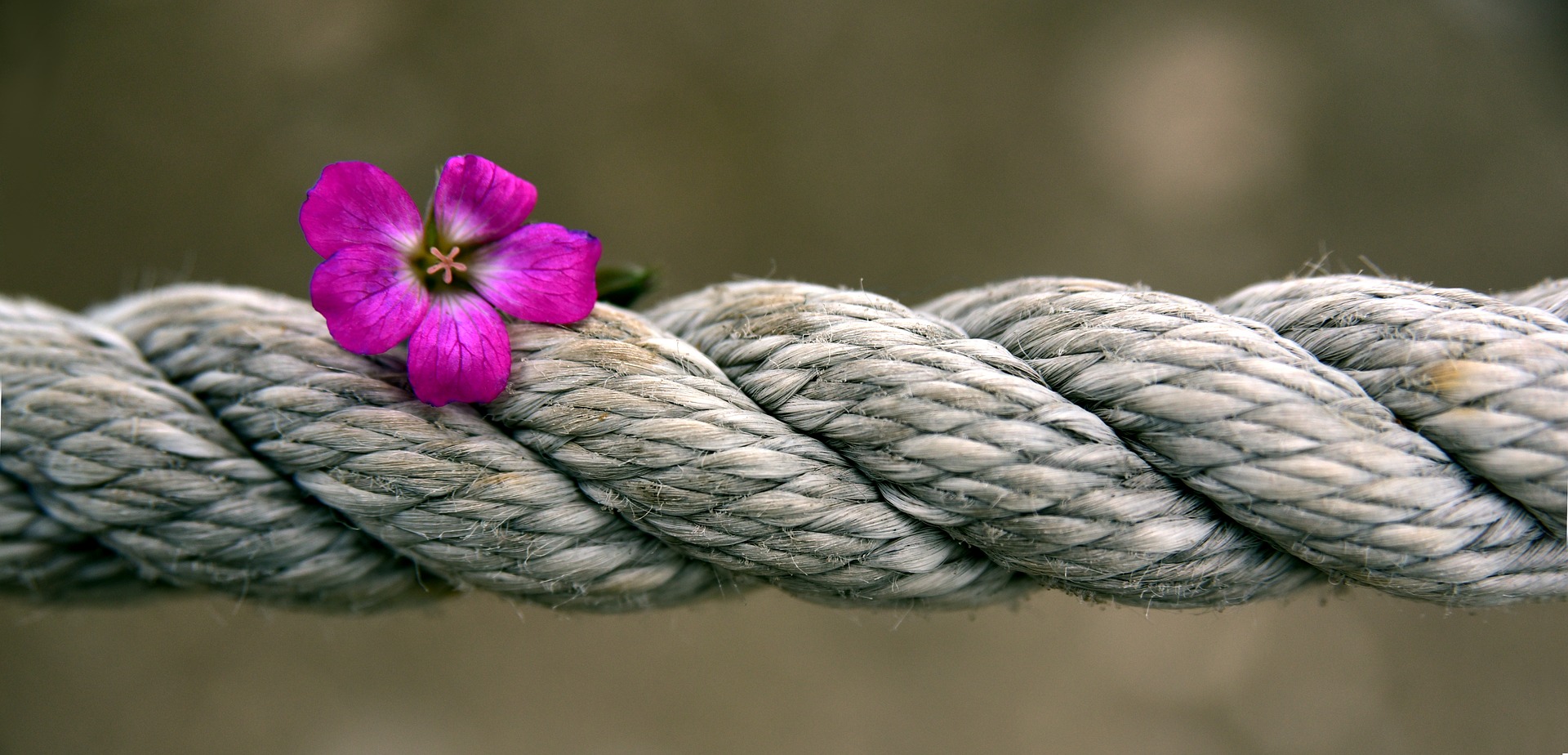
I have had some interactions recently with young mothers and been part of conversations about the stress that they are under. I noticed that they feel torn between all the demands on the them including work, husband, children etc. They also take on a great deal of guilt when things don’t go to plan. Our expectations of family life can be unrealistic at times.
These conversations took me back to those years when I had three young children (including a set of twins) and I was trying to have it all i.e. a job, intellectual fulfillment, a family that was getting enough attention from me and a healthy marriage. Maybe these are all good things to wish for, but it can get a little too hectic and it is not unusual for young parents to go into emotional overload, particularly when they are not getting enough sleep or in times of trouble. This kind of stress does not make for a healthy household!
After my first child was born I had to write up my PhD. Most people wrote me off and said I would never finish and I must admit, it took two years to finish the writing. But although those times of balancing writing, baby and marriage were challenging, they were nothing compared to the challenges of having 3 children at school and preschool and then 3 children at school. On top of this, I was working full time in a research academic role and trying to fit in all the after school activities that I believed were necessary for a normal childhood.
This is probably not an unusual story but thinking back to my recent conversation with the young mothers, I was able to reflect that I too used to take on an enormous load of guilt when problems arose. This was not surprising really because I have an overdeveloped sense of GUILT! How did I get to be like this? My grandparents were particularly good at judgement and guilt and made us feel guilty all the time if we didn’t follow their lead in life. We were taught how to guilt trip others, feel guilty about not working hard enough and so on…..

So by the time I had my own family I was well primed to carry on the family tradition. When the children were young I always put myself last so that I wouldn’t feel guilty about not giving everyone and everything in my life the attention I believed they deserved. And I beat myself up every time I felt like I was slipping or when something went wrong in my ‘perfect family existence’.
On further reflection I would say that I would not change the way we actually lived our lives and raised our family. Andrew and I were as one on the important things and there was no question of me not working, in fact the intellectual stimulation was needed to keep me sane! But what I look back and wish I could change is the way I responded to:
1. My own feelings of inadequacy,
2. The judgement from others, and
3. Things that went wrong i.e. sickness, struggles at school.
All three of these things resulted in me always feeling guilty that I wasn’t giving enough to my children or I wasn’t giving enough to my husband.
What does guilt do to you? Well psychologists tell you that we all need to experience a little guilt to help us preserve relationships. I found reading this article by Guy Winch in Psychology Today to be quite helpful. I think the opening statement of the article gets to the heart of the problem when it comes to busy parents and families.
‘In small doses, guilt can benefit us. But when it runs free, it can cause havoc.’
Based on my experience if guilt runs free it can be quite destructive. It can immobilise us to the point that we fixate on the problems we think we have caused and never learn to move past them. I now know that we can’t change the past but what we can do is let go of the guilt by finding help for the future.
Your reaction and ability to do this will depend on lots of things including the situation, the depth of the problem you are facing and your personality, background and so on. One example I remember struggling with when the children were young was the need to support one of my children who was struggling with reading and eye problems. I was flattened by this, feeling that it was my fault i.e. I should have noticed earlier, perhaps the problem was inherited from me……. I found myself catastrophising, thinking of the worst possible future scenarios and at the same time not knowing where to start to fix the problem. What I needed to do was accept the situation, accept that it was no one’s fault and then move into action to help the child. And how did I do this? My child needed me more than I needed to wallow in my own self pity and guilt. I did what was normal for me, I put my child first. And we got through it, with lots of help from various therapists and with lots of love and attention lavished on the child.
The thing is that I look back now and see that all the struggles were beneficial and made us stronger as a family. How I wish I could have known that then – I would have had more sleep, that’s for sure. Moving on from the paralysis that is caused by too much guilt enables you to respond to the problem or situation in a more rational way. Of course with my background, this didn’t happen overnight and it wasn’t until I was much older and started to be a bit more reflective about relationships that I started to learn how to stop my runaway guilt.
So what can I say now about guilt and healthy households?
1. As Guy Winch says in his article ’10 Things You Didn’t Know About Guilt’ we need to have feelings of guilt to protect our relationships. Our children need to know when they have hurt someone and know what to do with those feelings of guilt and how to mend the relationships damaged by the hurtful action. So guilt is not all bad.
2. As parents we need to learn how to forgive ourselves and each other when we genuinely make mistakes. But when troubles are upon us (and they will come) we need to be discerning about the way we deal with them. In some ways feeling guilty about a situation is a form of self indulgence. Get over yourself, recognise that you can’t change the past and focus on what is really important i.e. the child or the partner or other family member. Listen to the help offered by experts and develop a strategy to solve the problem.
3. Also as parents, we need to give ourselves some attention and look after our own health, not just other family members. If we allow ourselves to become too run down, everyone will suffer and our demons, what ever they may be, will take over and make life even harder to navigate.
3. When an adult fails to handle guilt in a responsible way, she or he is setting a very poor role model for the children in the household.
What can you do to get control of the guilt and build a healthy household?
Learn how to forgive each other and others around you when you really do hurt them.
Don’t wallow in your guilt.
Learn how to accept help when you need it.
Become reflective of who you are and how you impact others.
Set some goals and strategies to help you change your responses to difficulty.
Find someone who has walked the path before you and ask for support.
Reflect on your struggles and bank this knowledge to build resilience.
Learn from your mistakes and experiences and develop coping strategies that you can draw on in future struggles.
Reward yourself when you achieve your goals. Its always good to celebrate success!
Remember, working through your struggles will help build resilience and hopefully a stronger and happier household!
If you sign up for our email list you will receive newsletters from us but first up you will receive a gift from us that might be helpful as you deal with your guilt responses. We have developed a Goal Setting for Life Template that will help you implement changes.
We hope you will join us at Helpful by Nature by subscribing to our email list. We would love to hear from you, take your questions and provide answers if we are able.

Until next time,
Gillian (and Andrew)


